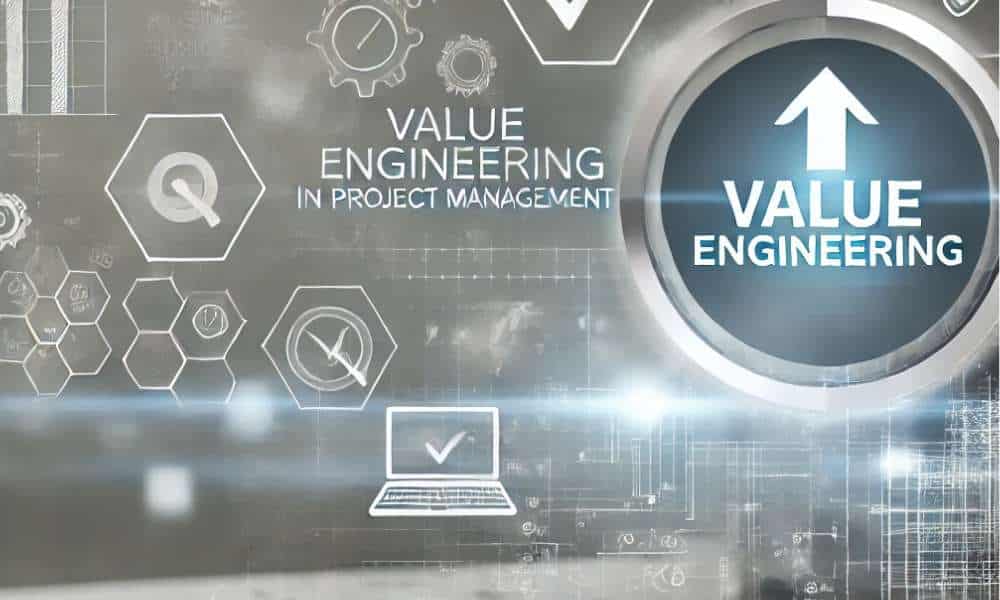In the contemporary landscape of project management, where budgets are tightly controlled, and efficiency is paramount, Value Engineering (VE) has emerged as a vital methodology not only for reducing costs but also for enhancing overall project success. While often misinterpreted solely as a tool for cost-cutting, Value Engineering is, in essence, a structured approach to optimizing value by examining all aspects of a project, from functionality to quality and long-term performance. Through a disciplined job plan involving 6 rigorous phases, VE enables teams to maximize value by balancing performance, quality, and cost. This method goes beyond mere budget reductions, exploring innovations that lead to sustainable, impactful solutions.
Aligning Project Objectives with Strategic Goals
One of the primary contributions of Value Engineering to project success lies in its ability to align project-specific objectives with broader organizational goals. VE encourages a rigorous examination of the functions that a project must fulfill, thus identifying which aspects are most critical to achieving the desired outcomes. Through Function Analysis, the VE team is prompted to ask thoughtful questions about costs and worth, also about how to improve the project’s functionality, performance, and alignment with the organization’s strategic vision. By focusing on value rather than just expense reduction, VE ensures that decisions support both immediate project requirements and long-term organizational goals, driving cohesive and sustainable project success.
Encouraging Creative Solutions and Innovation
Value Engineering ensures an environment conducive to innovation by encouraging multidisciplinary teams to explore creative solutions that address project needs from various perspectives. In the Creative Phase, participants generate a wide range of ideas aimed at fulfilling essential project functions. This process intentionally removes constraints, allowing team members to challenge assumptions, explore emerging technologies, and consider alternative materials or processes that could improve project outcomes. By prioritizing creativity, VE unlocks innovative solutions that may not have been considered through traditional project management approaches, ultimately enhancing both functionality and efficiency.
Enhancing Quality and Performance without Compromising Budget
VE’s focus on maximizing value means that it does not compromise on quality; instead, it aims to achieve or even exceed desired levels of performance and reliability within budget constraints. During the Evaluation Phase, VE assesses ideas based on various criteria, including feasibility, longevity, and impact on user satisfaction. By applying methods such as Life Cycle Cost, VE examines the total cost of ownership for different options, ensuring that selected solutions are not only cost-effective at the outset but also reliable and cost-efficient over the project’s lifespan. This approach minimizes the risk of short-term savings leading to long-term costs, safeguarding quality and durability.
Promoting Collaboration and Multidisciplinary Insight
Another significant benefit of Value Engineering is its emphasis on teamwork and collaboration across disciplines, which enhances the depth and breadth of analysis. VE encourages contributions from professionals in various fields, such as engineering, finance, procurement, and environmental science, each bringing specialized knowledge to the process. This multidisciplinary insight ensures that decisions are well-rounded, balancing technical feasibility with financial, environmental, and operational considerations. Through collaborative problem-solving, VE builds a culture of shared responsibility and collective ownership, leading to more cohesive and successful project outcomes.
Conclusion
Value Engineering, as a methodology, extends well beyond traditional cost-cutting exercises. By focusing on value optimization, VE ensures that projects achieve strategic alignment, innovative solutions, quality enhancement, and interdisciplinary collaboration. Its structured approach to maximizing functionality, and reaching impactful solutions that contribute to long-term success. In an era where projects are increasingly measured by their resilience, effectiveness, and ability to meet diverse stakeholder needs, Value Engineering provides a powerful framework for achieving meaningful, value-driven results.
